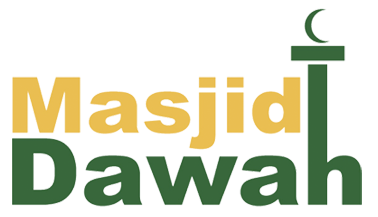ClassesMonthly Arabic Literacy Class
Monthly Arabic Literacy Class
Class Name: Monthly Arabic Literacy
Cost: $100 a month
Hours: 2 Hours a week individually, optional 1 hour weekend group session
Materials: To be provided by Instructor
Summary: A personal class where the student will be forced into Arabic language immersion.
The student will study vocabulary, and listen to Arabic speeches and books, under the guidance of a teacher.
Phrases, parables and poems will be memorized and used. Improvement in reading ability, reading speed, and reading comprehension guaranteed.
Sign up here.


